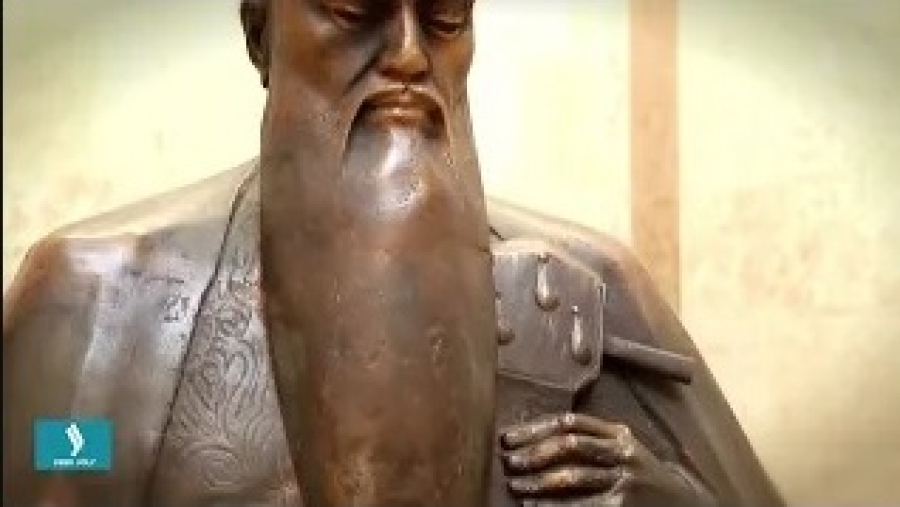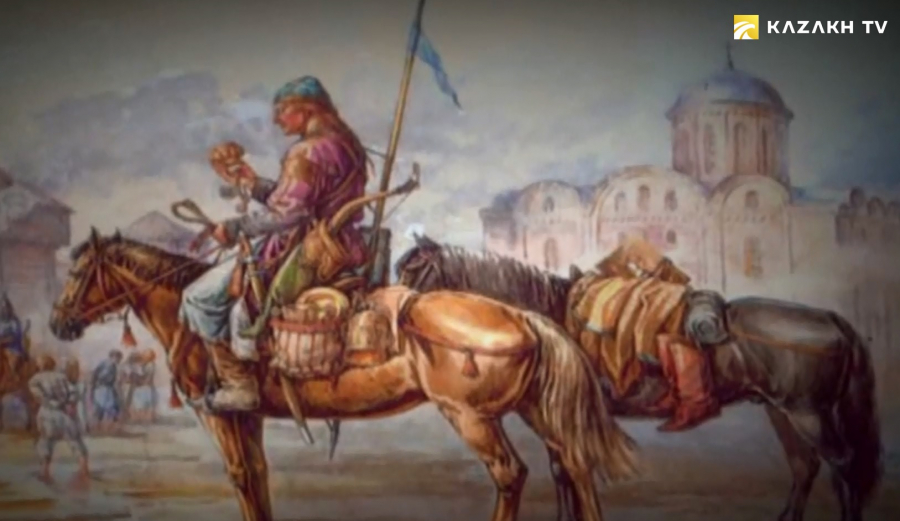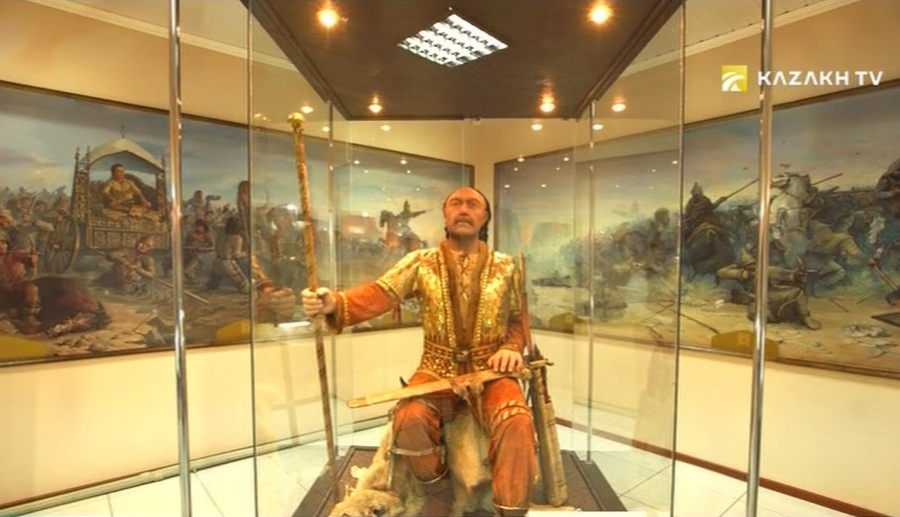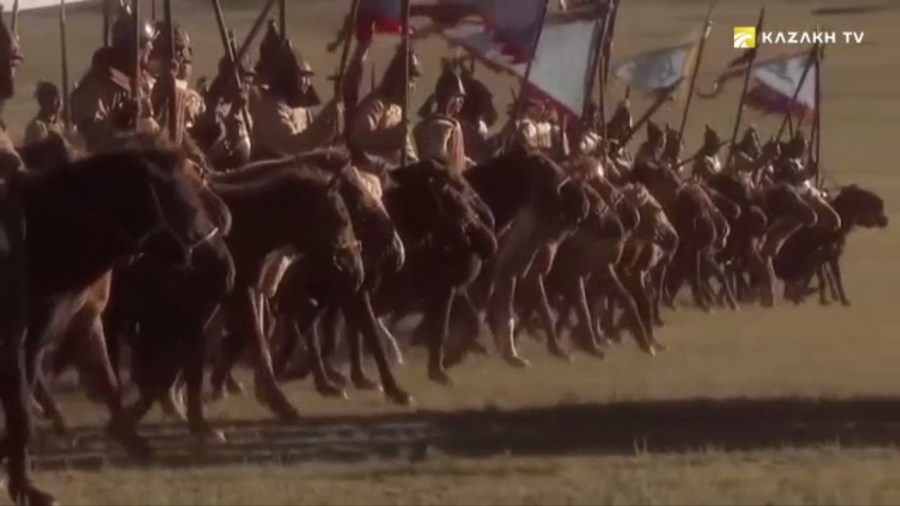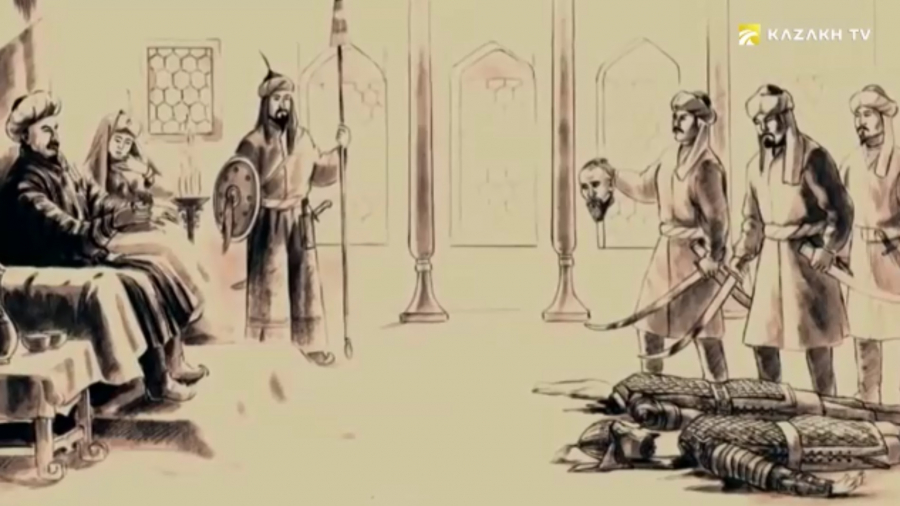
Why did the Kipchak emirs and beks in Egypt speak on equal terms with the sultans? What Arabic words are similar to Kazakh? Residents of the Zhuzhebe village, which is 150 kilometers from Cairo, are considered relatives of Kazakh. Is it true?
Kipchak sultans ruled in many Muslim countries in the Middle East. Sultans came from the Mamluks, that is, warriors who were captured during the battles, and then sold into slavery.
The medieval historian Abu Al-Ala ibn Hassul wrote in his work named “Features of Turkic warriors”: “They were always on an equal footing with their master - the food they ate, the clothes they dressed, and the horses they rode. They never worked on the farm and never did dirty work. They demonstrated best qualities of warriors and held high positions in the army.”
The warlike Kipchaks were appreciated in Egypt not only for numerous victories over enemies, but also for their creative activity. They have left a great cultural heritage.
Magnificent architectural monuments built by them are silent witnesses to the power of the Mamluks.



